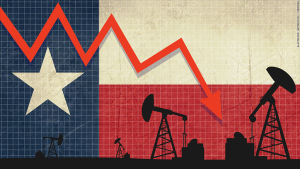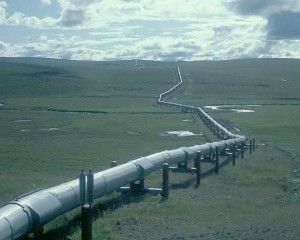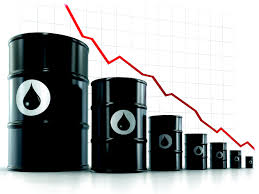Presidents of the United States inherit an office with enormous power … of that everyone agrees.
However, there are limits to that power. Such as the price of oil and other energy-producing resources. The price of gasoline and other motor vehicles have skyrocketed — again! — in recent weeks. Does the president have as much control over that as critics suggest? No! He damn sure doesn’t.
Yet the current president, Joe Biden, is paying the price politically for a trend over which he has little control. OPEC nations decided all by themselves to cut oil production by 2 million barrels a day. Someone has to remind me how the president of the United States can control OPEC’s policymakers.
Joe Biden’s foes are trying make hay out of decisions that are made far from the White House. They are pounding him. I just want the world to know how this blogger feels about the pummeling that Biden is getting. He doesn’t deserve it.
Having stated that here, I am acutely aware it won’t stop the non-stop — and unfair — criticism he is getting.
It’s part of the political game Joe Biden entered all those decades ago.




